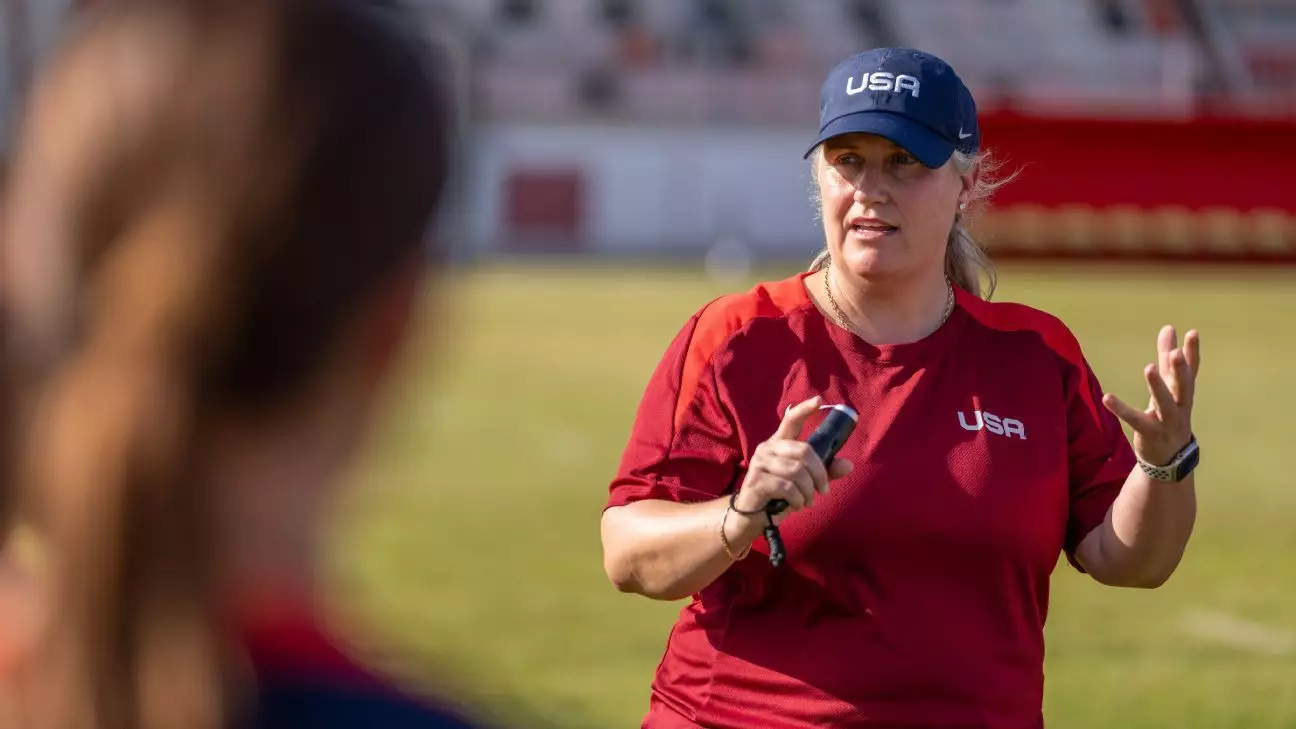The conversation around female coaches in men’s football has been ongoing for years, with many like Emma Hayes highlighting the significant obstacles that still exist. Despite Hayes’ impressive resume of titles and accolades, she acknowledges that the acceptance of women in coaching roles for men’s teams is still a long way off. The reluctance of team owners to take a chance on a woman head coach speaks volumes about the deeply ingrained gender biases that persist in the world of football.
The appointment of Hannah Dingley as the head coach of Forest Green Rovers was a historic moment for English football, but it was only a temporary position. This temporary nature of her appointment underscores the hesitation and lack of commitment when it comes to giving women the opportunity to lead men’s teams. It is evident that despite the progress made in women’s football, the barriers to entry for women in men’s football are still very high.
Emma Hayes’ own experiences and successes at Chelsea shed light on the misconceptions and biases that women face in the footballing world. Managing a dressing room of male players is often seen as a challenge for women, but Hayes refutes this notion by pointing to her own experiences managing a team of male staff. She emphasizes that if the best coach for the job happens to be a woman, players will adapt and respond positively to her leadership.
The fact that Emma Hayes was rumored to be in contention for a coaching position at Wimbledon, a third-division men’s team, is a sign of progress but also highlights the uphill battle that women still face. Hayes’ reaction to any suggestion that women’s football is a step down from the men’s game is indicative of the deep-seated biases that need to be overcome. The fight for female coaches in men’s football is not just about breaking barriers, but also about changing perceptions and challenging stereotypes.
The journey towards gender equality in football coaching is far from over. Emma Hayes’ experiences and insights serve as a reminder of the work that still needs to be done to give women equal opportunities in the male-dominated world of football. As more women like Hayes continue to push for progress and challenge the status quo, the hope is that the footballing landscape will become more inclusive and diverse in the years to come.

